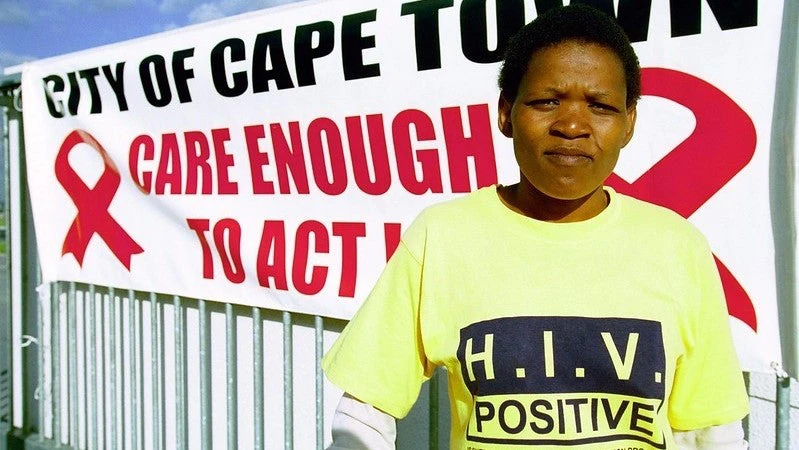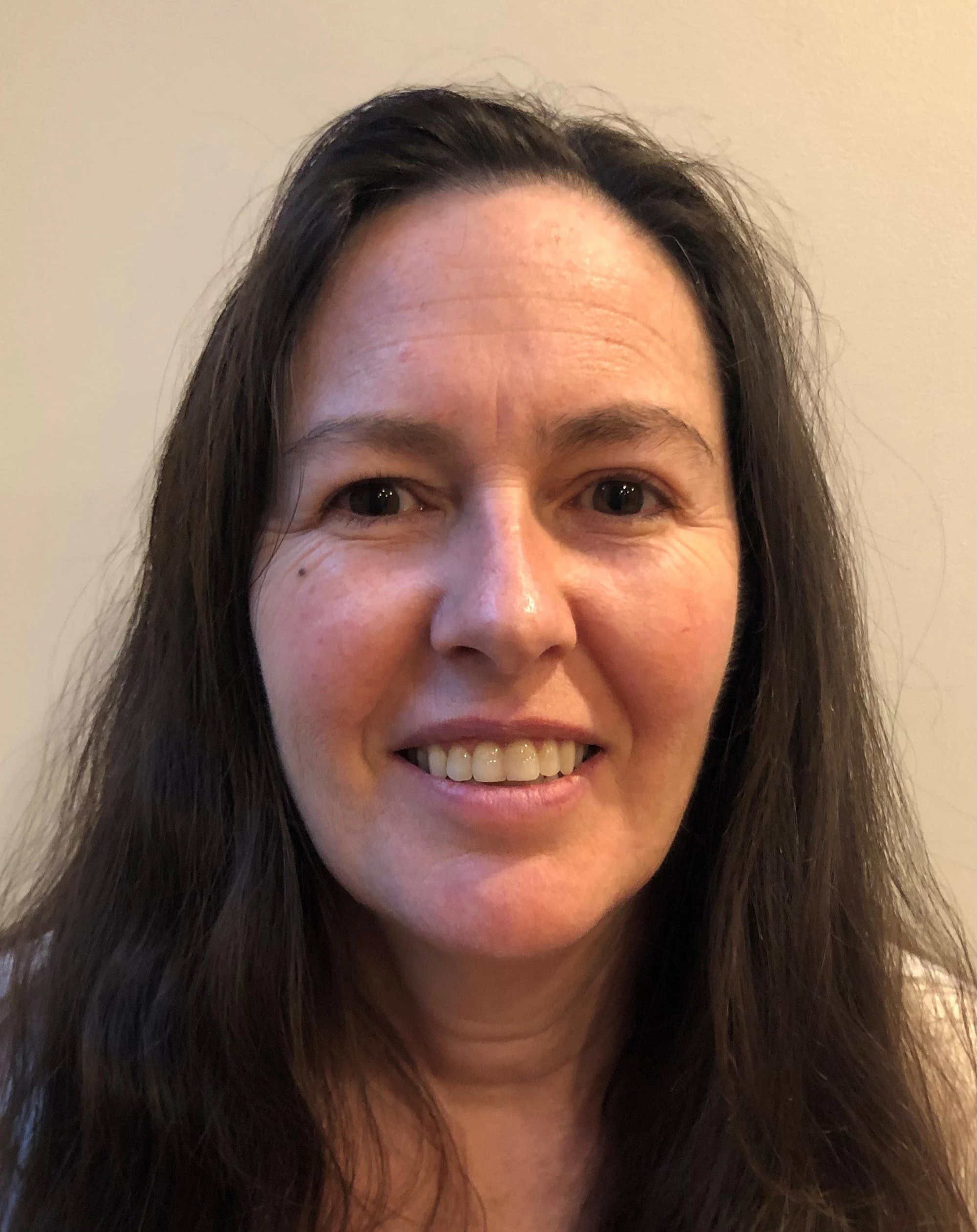 Gloria, who is HIV positive, in Khayelitsha township outside Cape Town where the Treatment Action Campaign held an AIDS awareness campaign. South Africa. Photo: Trevor Samson / World Bank
Gloria, who is HIV positive, in Khayelitsha township outside Cape Town where the Treatment Action Campaign held an AIDS awareness campaign. South Africa. Photo: Trevor Samson / World Bank
The COVID-19 (coronavirus) pandemic is devastating. Over 60 million have been infected. More than 1.4 million have lost their lives. Hundreds of millions have lost all or part of their livelihoods and an estimated 88 million people will be driven into extreme poverty by the pandemic in 2020 alone. Those losses are real and entail long-term harm. As vaccines offer the hope of recovery, we must also ask ourselves how we can recover as quickly and comprehensively as possible.
This matters not just for overcoming COVID-19. It matters, intensely, for fighting the established epidemics of AIDS, TB, and malaria. On World AIDS Day 2020, simply consider the challenges of the AIDS epidemic. Almost four decades of effort has seen tremendous progress, but not enough and we know that simply continuing what we have done will not allow us to cover the remaining miles. So, as we approach yet another World AIDS Day with no end to the AIDS epidemic in sight, we need to seize the reality of COVID-19 to consider the ways to accelerate our fight against AIDS and other tenacious health challenges.
Here are some of the opportunities to accelerate progress:
Accelerated innovation
The deprivations of COVID-19 have unleashed an exponential rise in the use of health technologies to keep people connected to key services in the midst of lockdowns. Necessity has increased the willingness of patients and health providers to make use of existing tools and also helped accelerate government actions necessary to permit their use.
In the AIDS community, for example, we have seen significant upticks in multi-month dispensing, permitting patients to receive as many as six-months’ worth of live-saving medications at a time, as well as increases in the use of community-based drug dispensing services in many countries such as India and Zambia.
Health networks are also racing to connect more patients to a new range of remote-access digitally enabled services for diagnosis, treatment and self-care, kicking open the digital front door in ways that change the service equation so that services reach people in their own homes. The potential ramifications for connecting hard-to-reach and socially isolated individuals to HIV services are profound.
The imperative to innovate is also having tremendous impacts on investment in lab capacity and surveillance networks. Early on, COVID-19 responders gained early successes by leveraging innovations from the AIDS and TB response such as fast and accurate molecular diagnostics. And now the heightened awareness of the importance of lab capacity has led to increased investment. For example, in mid-October the Africa CDC announced a new $100 million investment to expand surveillance networks across the continent.
Stronger primary healthcare systems, stronger AIDS services
The wave of new investments in health could also benefit the AIDS response well beyond the lab. The World Bank and many others recognize the importance of primary health care systems as a critical platform to restore essential health services and ensure equitable access to vaccines , all aimed at bringing services physically closer to those in need.
Billions of dollars in World Bank financing alone are already available, with a strong focus on the same frontline health systems essential for success in the HIV response. In short, COVID-19 offers an opportunity to build more equitable and better integrated primary health care services, which include HIV services as part of frontline service delivery and without losing sight of the needs of vulnerable communities.
Investing in health for a healthy economy
The costs of COVID-19 are measured not only by the 1.4 million deaths, but also in trillions of dollars of lost economic activity that have produced the deepest global recession in decades. This has increased recognition that human health is critical for economic health as well – an understanding that forms the bedrock of the World Bank’s Human Capital Project which has identified key investments in health, nutrition and education as the most important steps a country can take to improve its economic prospects.
As UNAIDS Executive Director Winnie Byanyima has so aptly noted, “health is wealth.” The tragedy of the COVID-19 pandemic has provided us with a precious opportunity to take that to heart, spurring us to leverage the lessons learned to end not just the COVID-19 pandemic but the scourge of HIV as well.





Join the Conversation